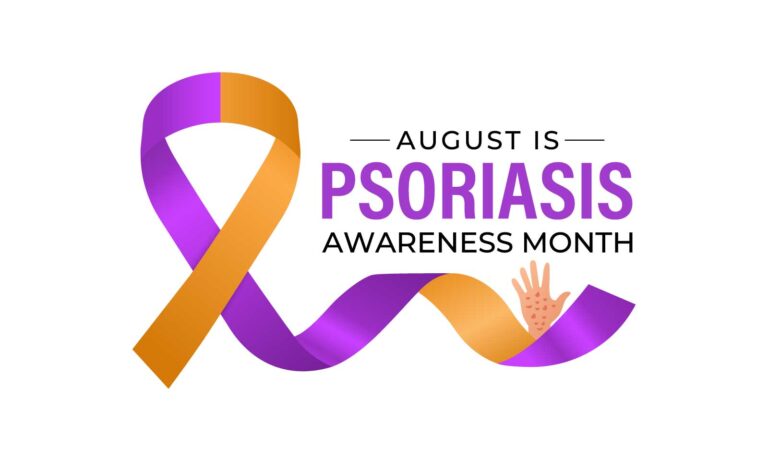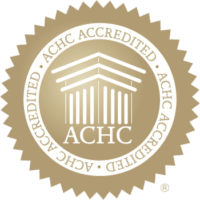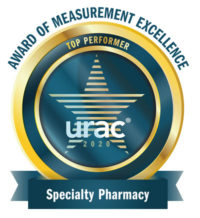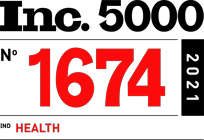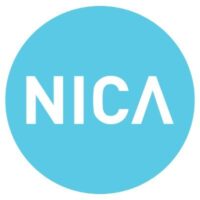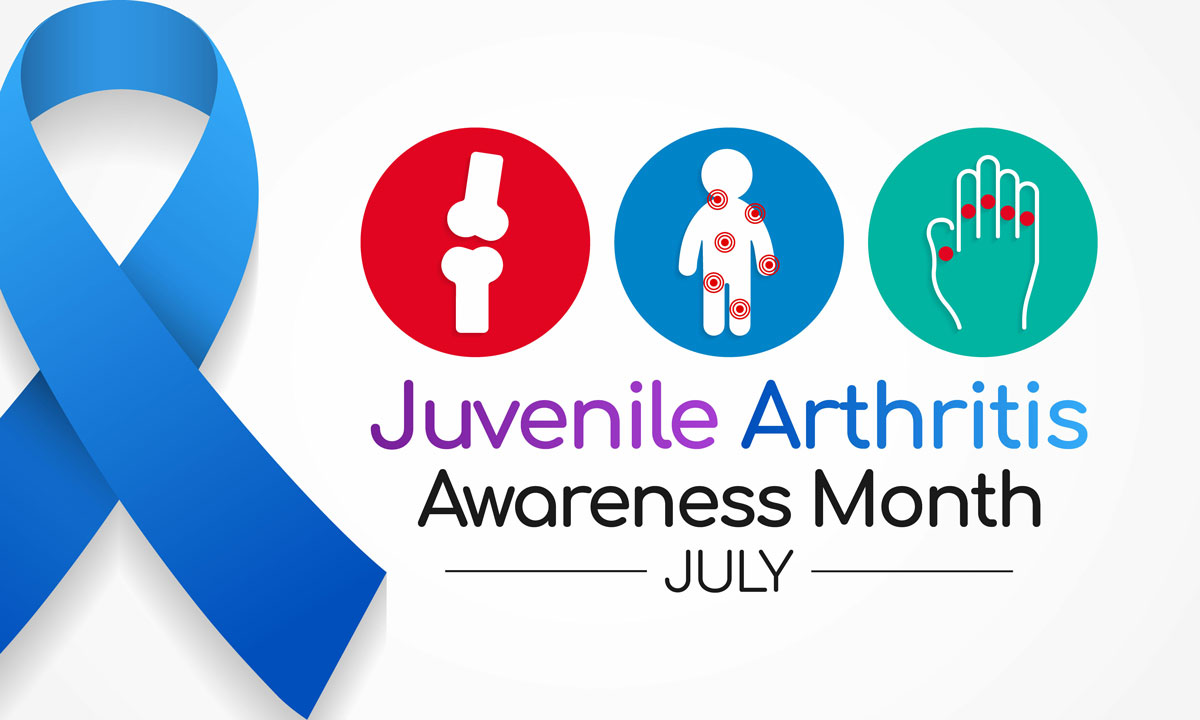
By Shane Reeves, CEO, TwelveStone Health Partners
July is Juvenile Arthritis Awareness Month, which calls attention to this group of chronic conditions that affect children.
Juvenile arthritis (JA), also known as pediatric rheumatic disease, is an umbrella term to describe the inflammatory and rheumatic diseases that develop in children under the age of 16. These conditions affect nearly 300,000 children and teens in the United States.
Most forms of JA are autoimmune or autoinflammatory diseases, which means that the immune system overreacts and releases inflammatory chemicals that attack healthy cells and tissue instead of infections or invading cells, causing joint inflammation, swelling, pain, and tenderness. However, some types of JA have few or no joint symptoms and instead attack the skin and internal organs.
JA is sometimes called “JIA” or juvenile idiopathic arthritis. (“Idiopathic” means that the cause isn’t known.)
Multiple Forms, Multiple Symptoms
JA encompasses many different forms of inflammatory and rheumatic diseases, including:
- Juvenile idiopathic arthritis the most common form of juvenile arthritis and includes six types: oligoarthritis, polyarthritis, systemic, enthesitis-related, juvenile psoriatic arthritis, and undifferentiated.
- An inflammatory disease that causes muscle weakness includes two types: Juvenile polymyositis and juvenile dermatomyositis, which also causes a rash on the eyelids and knuckles.
- An autoimmune disease can affect the joints, skin, and internal organs, such as the heart, kidneys, and lungs, as well as other body areas. The most common form is systemic lupus erythematosus or SLE.
- Scleroderma, which means “hard skin,” describes a group of conditions that causes the skin to tighten and harden.
- This type of disease causes inflammation of the blood vessels, which can lead to heart complications. Kawasaki disease and Henoch-Schonlein purpura (HCP) are the most common types impacting children.
- Fibromyalgia is a chronic pain syndrome that can cause widespread muscle pain and stiffness, fatigue, disrupted sleep, and other symptoms. It is more common in girls but rarely diagnosed before puberty.
Because JA has multiple symptoms it can affect a child’s well-being in different ways. Some forms may cause joints to look red or swollen and feel stiff, painful, tender, and warm, which can cause difficulty moving or completing everyday tasks. Joint symptoms may worsen after waking up or staying in one position too long.
Other forms can affect the skin with symptoms that may include a scaly red rash (psoriatic), lightly spotted pink rash (systemic), a butterfly-shaped rash across the bridge of the nose and cheeks (lupus), or thick, hardened patches of skin (scleroderma).
JA symptoms are not limited to the skin and joints. Children may have eye dryness, pain, redness, sensitivity to light, and trouble seeing properly caused by uveitis (chronic eye inflammation).
JA can also affect internal organs such as the digestive tract (diarrhea and bloating), lungs (shortness of breath), and heart. Overall, a teen with JA may feel tired or run down (fatigue), have appetite loss, and have a high spiking fever.
Treating the Symptoms of Juvenile Arthritis
Unfortunately, there is no cure for the conditions that fall under the JA umbrella. A pediatric rheumatologist may recommend physical or occupational therapy and encourage physical activity and a healthy diet. Medications may include NSAIDs such as ibuprofen, other pain-reliving drugs, or infusion therapies, such as corticosteroids, or biologic injectable medicines, which include abatacept (Orencia), adalimumab (Humira), canakinumab (Ilaris), etanercept (Enbrel), and tocilizumab (Actemra). Biologics suppress the overactive immune system, targeting proteins that trigger inflammation.
A Family-Friendly Care Environment
Chronic illnesses are complex for anyone but may be more stressful for children and young adults who may not understand what is happening to their bodies. TwelveStone always strives to deliver infused medication in an environment that is warm, welcoming, and friendly, whether in the home or at one of our infusion centers.
TwelveStone offers private infusion suites that include television, free WiFi, snacks, and drinks. Kids can play their favorite online game during treatment, and there’s comfortable seating for both child and accompanying adult.
Until there is a cure, TwelveStone will provide advanced medications and monitored infusion services in a warm, welcoming environment.
Source: The Arthritis Foundation




